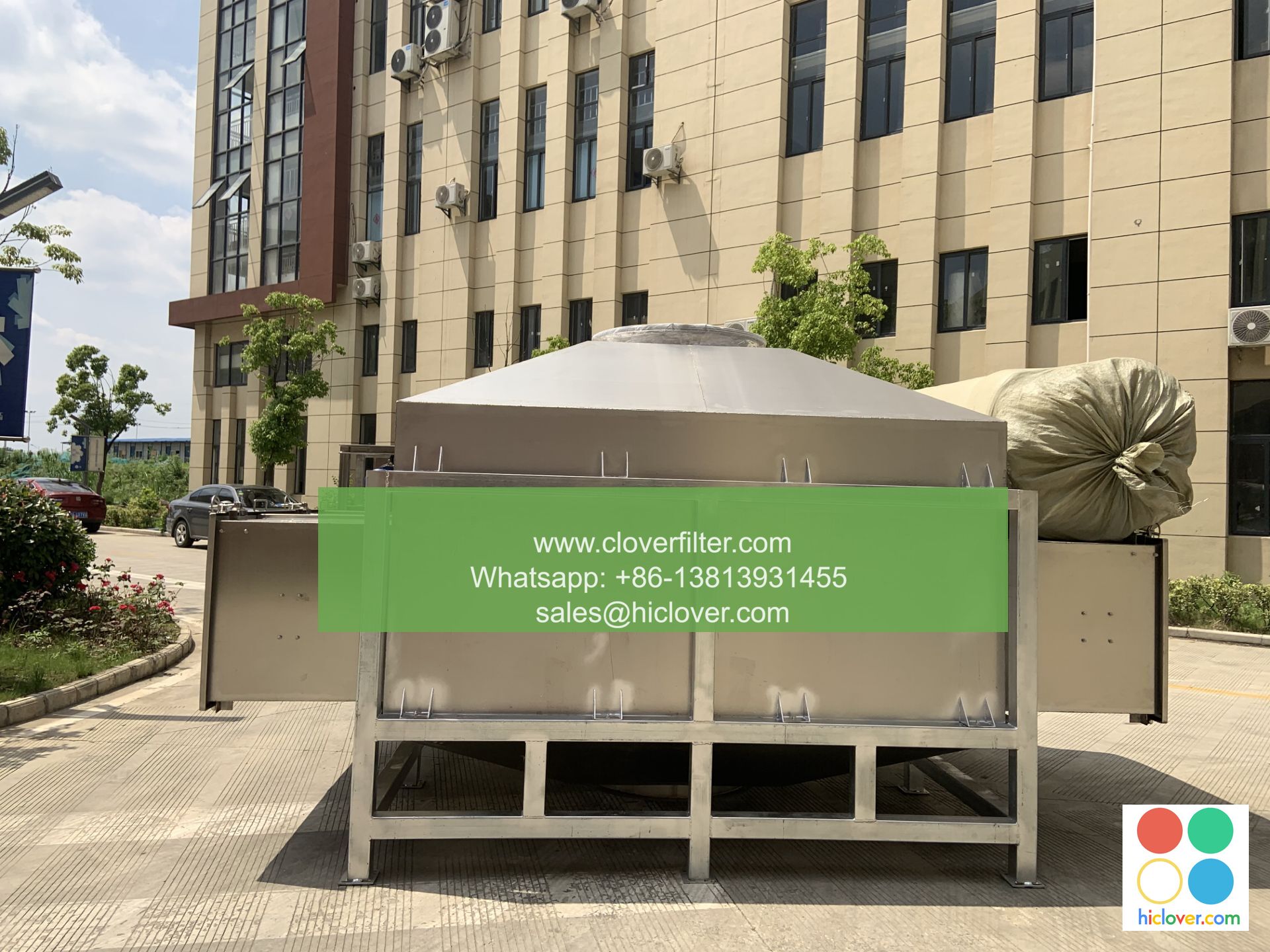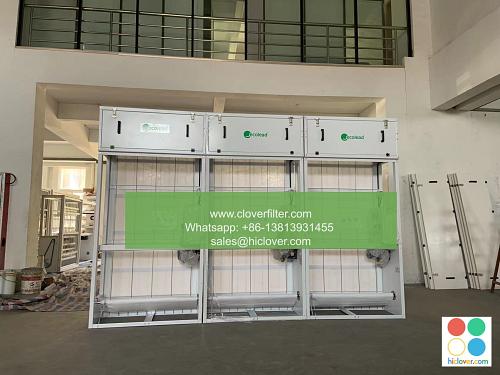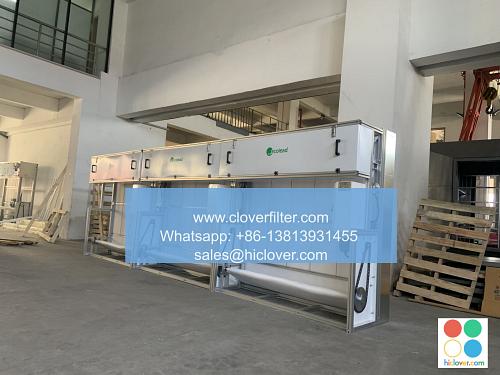Air Quality Management in Saskatoon’s Agricultural Industry: The Impact of Automatic Roll Air Filters

The agricultural industry in Saskatoon is a significant contributor to the local economy, with many farms and processing facilities operating in the area. However, this industry also has a substantial impact on air quality, with the potential to generate large amounts of particulate matter, gases, and other pollutants. Effective air quality management is essential to minimize the negative effects of agricultural activities on the environment and public health.
One of the key challenges in managing air quality in the agricultural industry is the presence of airborne particles and contaminants. These can come from a variety of sources, including grain handling, livestock production, and the use of agricultural equipment. To mitigate this issue, many farms and processing facilities in Saskatoon are turning to automatic roll air filters as a solution. These filters are designed to capture airborne particles and contaminants, improving indoor air quality and reducing the risk of environmental pollution.
Automatic roll air filters work by using a rolling filter media that is automatically advanced as it becomes dirty. This ensures that the filter remains effective at capturing particles and contaminants, even in high-traffic or high-pollution areas. The use of automatic roll air filters in the agricultural industry has several benefits, including improved indoor air quality, reduced maintenance costs, and increased efficiency. By capturing airborne particles and contaminants, these filters can help to prevent damage to equipment and reduce the risk of respiratory problems for workers.
In addition to improving indoor air quality, automatic roll air filters can also help to reduce the environmental impact of agricultural activities. By capturing particles and contaminants before they are released into the air, these filters can help to minimize the amount of pollution that is generated by farms and processing facilities. This can have a positive impact on local air quality, reducing the risk of environmental pollution and protecting public health.
The use of automatic roll air filters in the agricultural industry is also supported by regulatory requirements. In Canada, the Canadian Environmental Protection Act (CEPA) regulates the release of pollutants into the environment, including those generated by agricultural activities. By using automatic roll air filters, farms and processing facilities in Saskatoon can help to ensure that they are complying with these regulations, reducing the risk of fines or other penalties.
Despite the benefits of automatic roll air filters, there are also some challenges associated with their use in the agricultural industry. One of the main challenges is the need for regular maintenance, as the filters must be regularly advanced and replaced to ensure that they remain effective. Additionally, the use of automatic roll air filters may require significant upfront investment, although this can be offset by the long-term cost savings and environmental benefits that they provide.
In conclusion, the use of automatic roll air filters is an effective way to manage air quality in the agricultural industry in Saskatoon. By capturing airborne particles and contaminants, these filters can help to improve indoor air quality, reduce maintenance costs, and minimize the environmental impact of agricultural activities. While there are some challenges associated with their use, the benefits of automatic roll air filters make them a valuable tool for farms and processing facilities looking to reduce their environmental footprint.
FAQs
A: Automatic roll air filters are a type of air filter that uses a rolling filter media to capture airborne particles and contaminants. They work by automatically advancing the filter media as it becomes dirty, ensuring that the filter remains effective at capturing particles and contaminants. Q: What are the benefits of using automatic roll air filters in the agricultural industry? A: The benefits of using automatic roll air filters in the agricultural industry include improved indoor air quality, reduced maintenance costs, and increased efficiency. They can also help to minimize the environmental impact of agricultural activities and reduce the risk of respiratory problems for workers. Q: Are automatic roll air filters required by regulatory requirements? A: Yes, the use of automatic roll air filters is supported by regulatory requirements, including the Canadian Environmental Protection Act (CEPA). This act regulates the release of pollutants into the environment, including those generated by agricultural activities. Q: What are some of the challenges associated with using automatic roll air filters in the agricultural industry? A: Some of the challenges associated with using automatic roll air filters in the agricultural industry include the need for regular maintenance and the significant upfront investment that may be required. However, these challenges can be offset by the long-term cost savings and environmental benefits that these filters provide.


